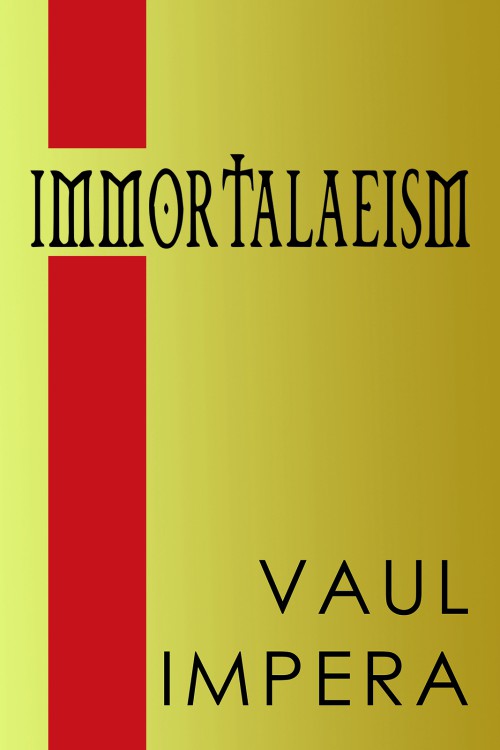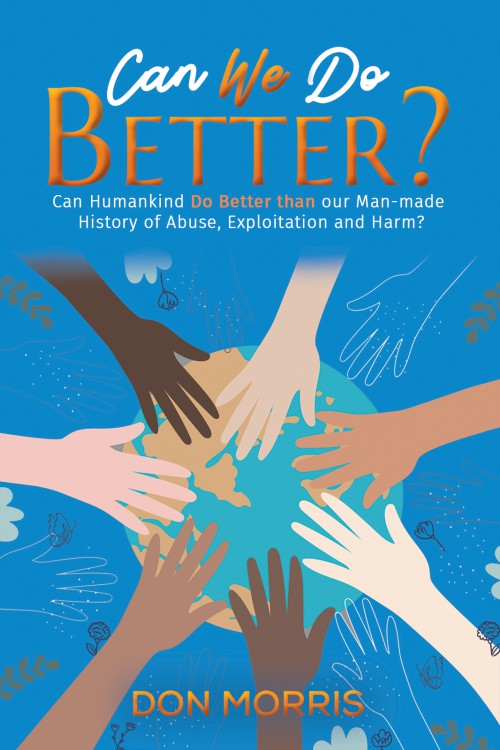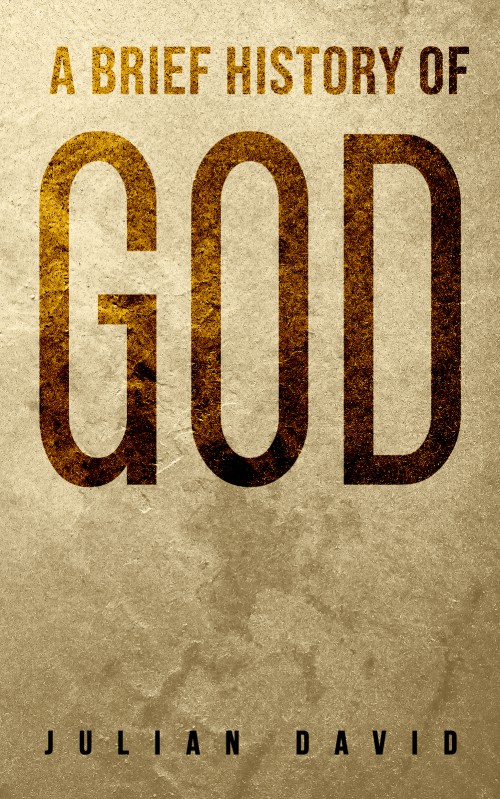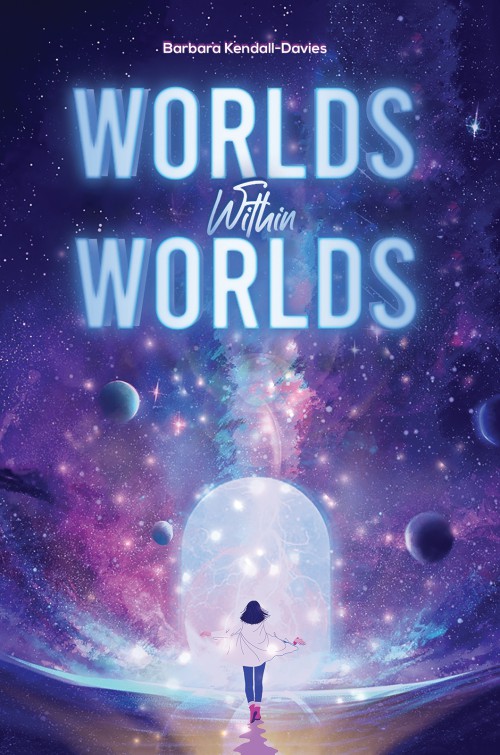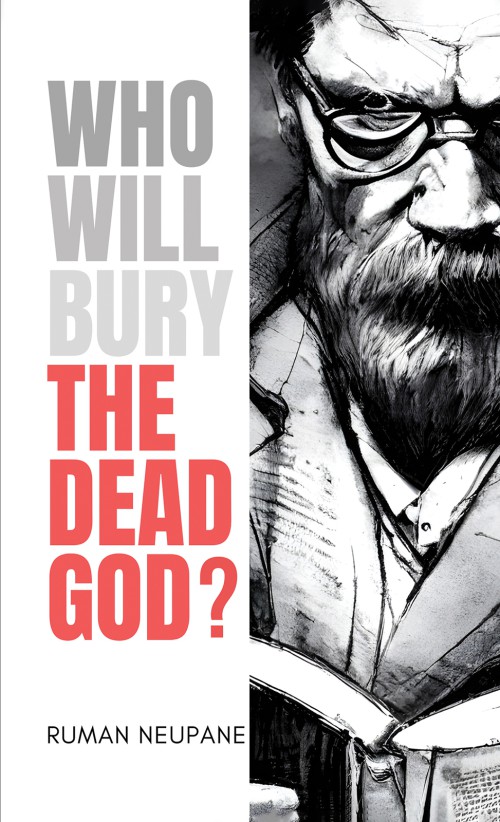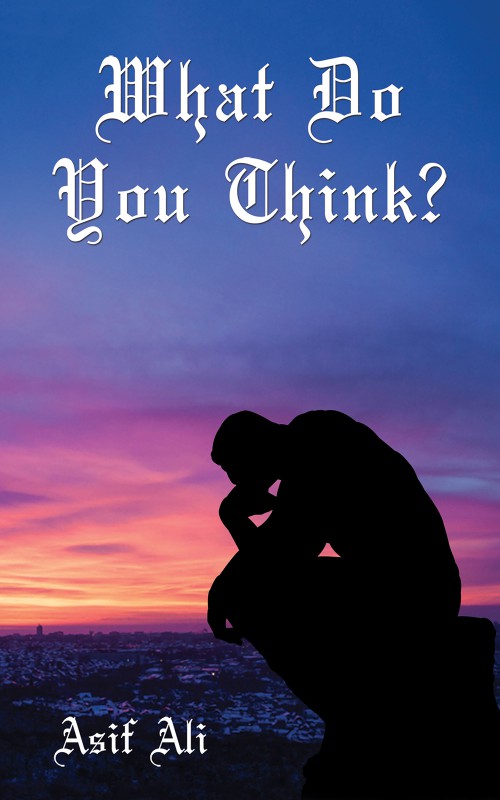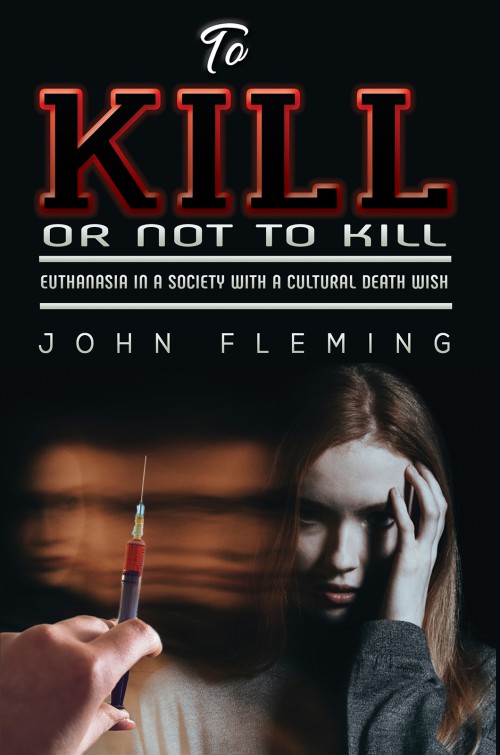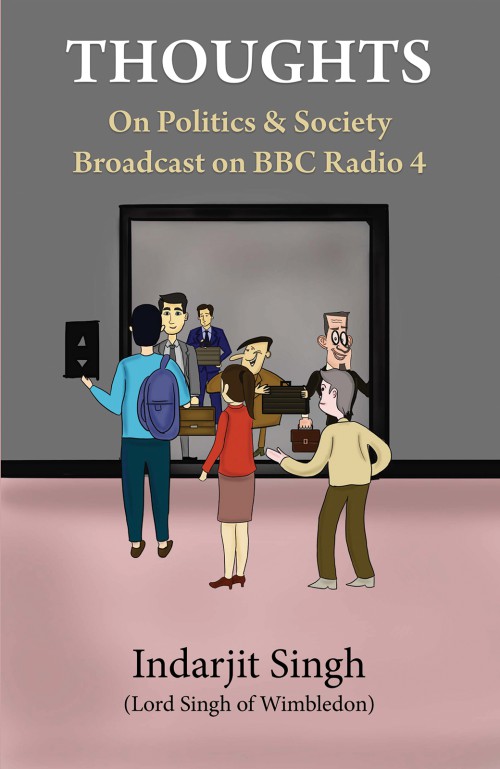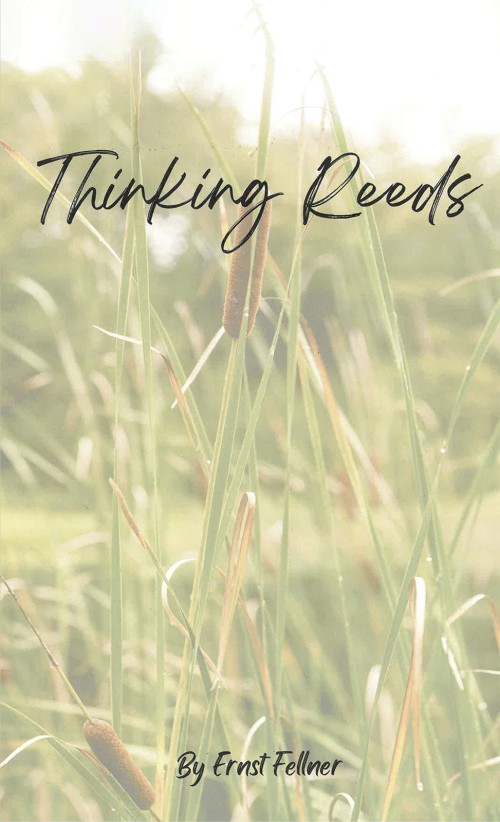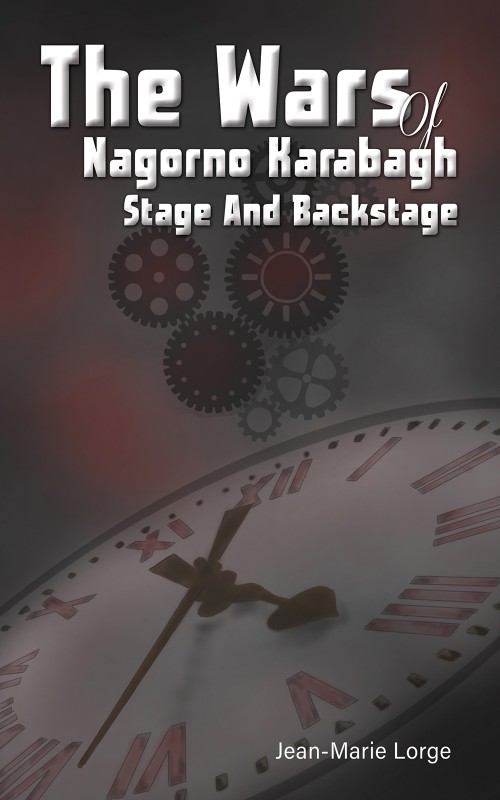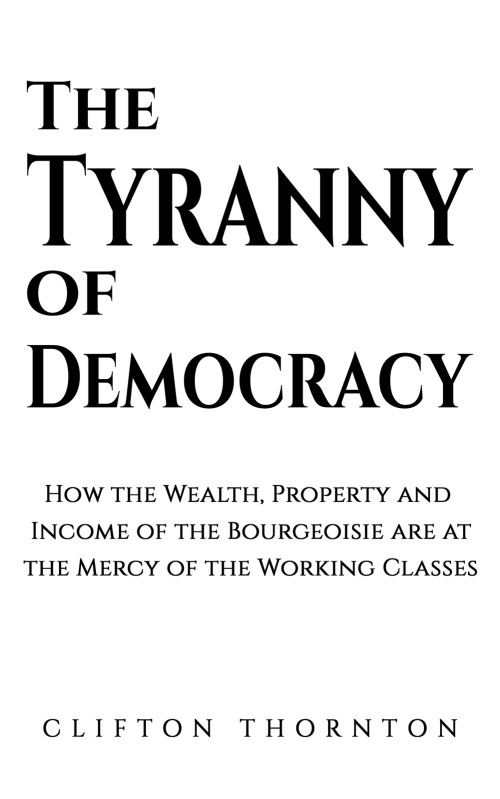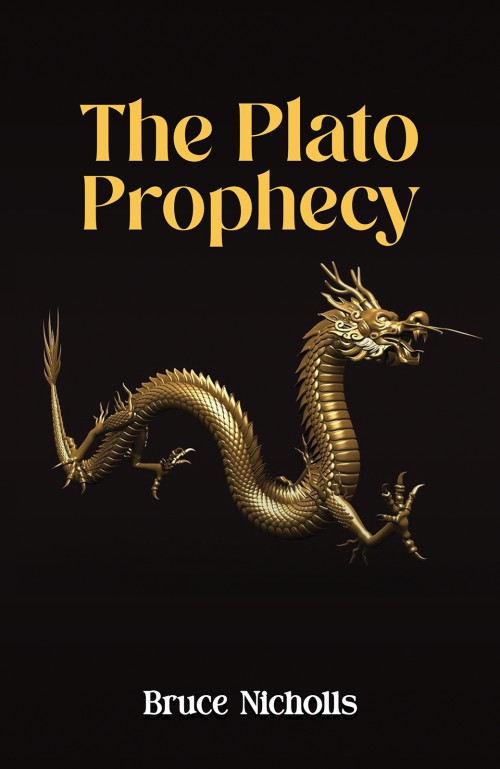-
Immortalaeism
Vaul Impera investigates the fundamental philosophical aspects of power, demonstrating fundamental aspects of the relationship of power itself, and the relationship of power to human nature. Examining what power is, Vaul proceeds to discuss what power is to people, and in a convincing argument, illustrates how to increase in power, and also to determine if one is powerful. In the second writing of Immortalaeism, Vaul illuminates the philosophy of empire. Concerned with the element of rulership, which was discussed in power, Vaul provides a beginning for the philosophy of empire, which he simply uses as an empirical demonstration of power, indicating it is written to be an appendix, demonstrating power in organisation. Lastly, Vaul relates a spiritual book called Immortalae, which was produced through a spiritual endeavour that lasted thirteen years, from the time Vaul was eighteen. Attempting many religions experiences and philosophies, Vaul communicates his spirituality, which he has founded and established as his own religion, which in eventuality, includes all three written works into a paradigm that Vaul labels, Immortalaeism. Vaul provides spiritual answers that surround the notion of the holy grail in the final book. All three writings are transmitted through his personal experience on the subjects, and are a product of his life circumstances.
£3.50 -
Can We Do Better?
If you prefer to think outside the box, then this book is for you. It is an insightful, penetrating, and far-reaching call to decency, integrity, and accountability. The book is a clarion call to re-evaluate our man-made world of dogmas, ideologies, myths, and masculine institutions and industries. It is a strongly worded call to embrace facts and critical thinking; especially, in the face of religious, political, and conspiratorial distortions of key human and environmental issues. Can We Do Better? is a clear-headed invitation to informed, rational and values-based citizenship, custodianship, and leadership. Necessarily, therefore, this book is a robust call to integrity and accountability in governance.Every chapter invites us to be aware, factual, honest, sensitive, compassionate, and responsible. In contrast to the modern prominence of individualistic transactional leveraging, this book advocates values-based relationships, communities, and ecologies.We men are invited to confront some ‘inconvenient truths’, and to learn from and internalise Yin-based wisdom. To promote Yin-based wisdom, this book encourages women and First Peoples to step forward as role models, educators, stewards, and leaders. In conjunction with Yin-based wisdom, this book argues that a critical mass of us need to embrace holistic and homeostatic systems principles and priorities.‘Holistic systems wisdom’ is crucial in reducing longstanding fragmentation, harms, suffering and disasters. So… be curious and read this compelling and innovative book.Look out for the publication of a ‘Companion Workbook’ that is designed to enable you to explore and apply the values and principles in Can We Do Better?
£3.50 -
A Brief History of God
Underlying the writing of this book is the great gap left in our society by the slow and lingering death of God the Father Almighty. What shall we do now that we are orphans in this world? What can we do with all those wonderful Gothic buildings, now that the spirit has gone out of them? The full magnitude of the change stupefies the mind. Yet there is also an enormous liberation, for a patriarchal culture is so unnatural that it does real structural damage to the psyches of those who grow up in it. That fathers should, right into the twentieth century, own their children and mothers have no rights to them, was the legacy of the One God. That women could not keep their own money—their husbands owned it and have done so throughout our history—came from the same place. We are a crippled culture, facing now our own extinction, and only beginning to find our potential to deal with it.And though God is indeed dead, as Nietzsche told us a little while ago, the mystery that things exist—that anything exists at all, let alone this world with all its beauty and its depths—surrounds us with greater force than the presence of that God permitted; and it is Einstein, the scientist, who points us towards it:“The most beautiful thing we can experience is the mysterious. It is the source of all true art and science. He to whom the emotion is a stranger, who can no longer pause to wonder and stand wrapped in awe, is as good as dead—his eyes are closed. The insight into the mystery of life, coupled though it be with fear, has also given rise to religion. To know what is impenetrable to us really exists, manifesting itself as the highest wisdom and the most radiant beauty, which our dull faculties can comprehend only in their most primitive forms—this knowledge, this feeling is at the centre of true religiousness.”– Albert Einstein, Living Philosophies
£3.50 -
Worlds Within Worlds
Most thinking people pause at times to wonder what life is all about. Where do we come from and where do we go after we shuffle off this mortal coil? Of course, no one has all the answers so we become seekers of truth. Meditation is a good starting point in order to calm the mind and open up channels into deeper areas of being. If we are serious, we should pray for wisdom, then inner and outer teachers appear and our journey on an uncharted ocean begins. Nothing is given on a plate, but little by little, small pieces of the jigsaw begin to fit; however, as one question is answered, a dozen more pop up. It is an exciting process and if we persevere, we learn about subjects that are not on the curriculum of any earthly university but are aspects of the ageless wisdom. Take your courage in your hands and enjoy the journey through Worlds Within Worlds.
£3.50 -
Who Will Bury The Dead God?
Imagine a man straddling both sides of good and evil, struggling to regain his balance. He clutches onto both aspects with his bewildered mind, pondering his own senses. As he stands there, his mind races with questions. What is the meaning of his existence? Why has he been placed in this moment, at this time, with these thoughts and feelings? Is there a purpose to his life, or is it all just a random series of events? ‘I know God smells terribly bad, and I’m ready to bury him deep in the ground. But is this really the right thing to do? Is there a better solution? Should I try to make the smell more bearable, or is this the only course of action? I’m torn between doing what’s best for God and the reality of the situation,’ he thinks.Has he fallen into the river of dilemma and been washed away from his suffering? Will this man unravel the mystery of his existence, or will he be swallowed up by the abyss of his own mind?
£3.50 -
What Do You Think?
Asif Ali's second book What Do You Think? takes a broad, philosophical look at life and all its possible meanings and reflections. It consists of over 150 brief essays on a large variety of topics, written over a span of more than 25 years.
This book aims and aspires to speak for all voices.£3.50 -
To Kill or Not to Kill
Euthanasia emerged as a talking point for progressives and secularists in the West in the 1960s. Given that they simply appropriated (without anyone’s permission) control of national and private broadcasters, newspapers and university faculties, it became, eo ipso, a matter of public controversy.
Other modish enthusiasms of that period – sexual licentiousness and psychotropic drugs for example – have long been abandoned, but the quest for legislative sanctioning of the killing of the old and infirm and distressed never abated; not a parliamentary year passed in one of the Australian States, it seemed, or even at Commonwealth level, but another bill was placed on the notice paper. Well, in the states of Victoria and Western Australia, that bill is now an act as it is in Canada, various states in the USA, The Netherlands, Belgium and other nation states.
It has remained an Article of Faith for the left throughout all of the decades of post-modernity – just like that other form of authorised killing: abortion. Why is this? What is it about these issues that evoke in the minds and imaginations of liberals and leftists an almost millenarian enthusiasm?
It required a scholar of Father Fleming’s insight and experience to provide us with the explanation, in this, the latest and, in my view, most important of his publications.
His answer takes us to a close examination of the real legacy of the enlightenment, and it is not the benign and rational one that generations of us have been taught to believe in our schools. His careful unravelling of the three centuries of the secular project from Rousseau to Safe-Schools can leave us in no doubt as to what comes next if we don’t stand up for the Christian inheritance of our institutes. It was always about power. And power always ends up being about persecution.
Father Fleming has been a priest, a broadcaster, a controversialist and a scholar in his long and distinguished journey through public life.
His book will be essential reading for the many Christian folk of all denominations who now understand that our age will be one that will call upon them to be soldiers as well as servants for the church.
– Stuart H Lindsay, barrister and former federal circuit court judge
£3.50 -
Thoughts
Incisive views and comments on news of the day, couched in humour and unfailing compassion.
Rt Hon Baroness D’Souza CMG The Lord Speaker (2011-2016)
Lord (Indarjit) Singh’s talks on BBC Radio 4’s ‘Thought for the Day’ have inspired many including Royalty, Prime Ministers, Christian, Muslim and Jewish leaders.
One of Indarjit’s talks in 1999 provided the impetus in setting up the Lambeth Group to celebrate the Millennium by setting up a Faith Zone at the Millennium Dome and to Indarjit hosting a National Service of Reflection and Reconciliation in the Queen’s Gallery of the House of Lords. Tony Blair, the then Prime Minister described it as the most moving celebration of the Millennium he had witnessed.
Rt. Hon. Clare Short MP
Secretary of State for International Development
Speaking on BBC Radio 4 Today Programme on December 2004, on who she would like to nominate in the Programme’s competition ‘Listener’s Lord’, the person listeners would most like to see in the House of Lords.
I would like to nominate Indarjit Singh. He contributes regularly on Radio 4’s ‘Thought for the Day’, and he gives impressive homilies drawing on the wisdom of Sikh teachings to help us think through the moral issues of the day.
Lord Singh came a close second to celebrated musician and human rights activist Bob Geldolf.
£3.50 -
Thinking reeds
Thinking Reeds is an evocative collection of contemplations, delving into the vast tapestry of human existence and the intricacies of our emotional landscapes. Through ‘Thoughts,’ ‘Second Thoughts,’ and ‘Afterthoughts,’ readers are invited on a profound journey, exploring the depths of love and hate, the complexities of life and death, the shadows of friendship and enmity, and the stark contrasts between wealth and poverty, truth, and falsehood. This introspective compilation captures the essence of the human experience, painting a vivid portrait of our shared vulnerabilities and illuminating the myriad shades of our collective consciousness.
£3.50 -
The Wars of Nagorno Karabagh – Stage and Backstage
At the end of September 2020, the Azerbaijani army launched a sudden and massive assault against the Armenian enclave of Nagorno Karabagh.
Over six weeks, the Azerbaijani army (fully supported by Turkey) and the Armenian armies (from the Republic of Armenia and Nagorno Karabagh) violently clashed amidst artillery fire, deadly drone ballets and tanks attacks… In early November 2020, the Armenians were defeated. The world then suddenly remembered that the Caucasus is as complicated as it is explosive.
The Wars of Nagorno Karabagh – Stage and Backstage is intended to help better understand this crisis – its historical background, implications and pitfalls (first prize in the last category would go to the regional political map redrawn by Stalin) as well as the geopolitical interests of Russia, Iran, and Israel… Particular attention is given to the new game played by Turkey which is now spurred on by the ambition of again becoming, at all costs, a member of the club of world powers.
£3.50 -
The Tyranny of Democracy
This book traces the historical rise of democracy throughout the world and how the proletariat over time have come to dominate it, leading to ever increasing demands for social welfare spending by democratic governments and the accompanying imposts of taxation to pay for it all. The result being that the bourgeoisie are slowly being financially destroyed (in the same manner that the aristocracy was politically destroyed) by the democratic experiment. The book explains how progressive taxation regimes are the tools to achieve this destruction and how inherently unfair, unjust and brutally tyrannical it is to the wealthy.
£3.50 -
The Plato Prophecy
In an era fraught with uncertainty and mounting global challenges, The Plato Prophecy unveils a chilling portrait of a world teetering on the precipice. As China’s meteoric rise ushers in a wave of unabashed nationalism, bolstered by its burgeoning military might, and Russia, an audacious autocracy, brazenly invades Ukraine, trampling upon the sovereignty of this fledgling democracy, a haunting question looms: are we unwittingly sleepwalking into a catastrophic disaster?Amidst this perilous landscape, the deafening absence of resolute Western leadership, those strong voices commanding respect and purpose, becomes all too apparent. Democracy, burdened by dysfunction and poisoned by partisan toxicity, falters under its own weight, mirroring the twilight of an empire. The United States grapples with internal social malaise, an affliction that signals the decline of a once-great nation. Britain, embroiled in the quagmire of Brexit, contends with an energy crisis and rampant inflation, while Europe, shackled by Russia’s stranglehold on its energy supply, races against time to recalibrate and salvage its economic stability.The unfiltered deluge of vitriol unleashed across unregulated platforms of social media breeds a perilous new cyber electorate, a breeding ground ripe for malign foreign actors to manipulate civil discourse. The insidious contagion of political correctness and ‘wokeism’ casts a suffocating shadow upon free thought, free speech, and the indomitable right of individuals to dare, to aspire, to hope, unhindered by those seeking to silence them.As the foundations of democracy crumble, opportunistic regimes like China and Russia eagerly seize the opportunity to fill the void, exerting their influence and shaping the world according to their own agendas. For those troubled by the alarming trajectory of these developments, The Plato Prophecy emerges as an urgent call to action, a searing exploration of the perils facing humanity’s most cherished ideals.
£3.50

